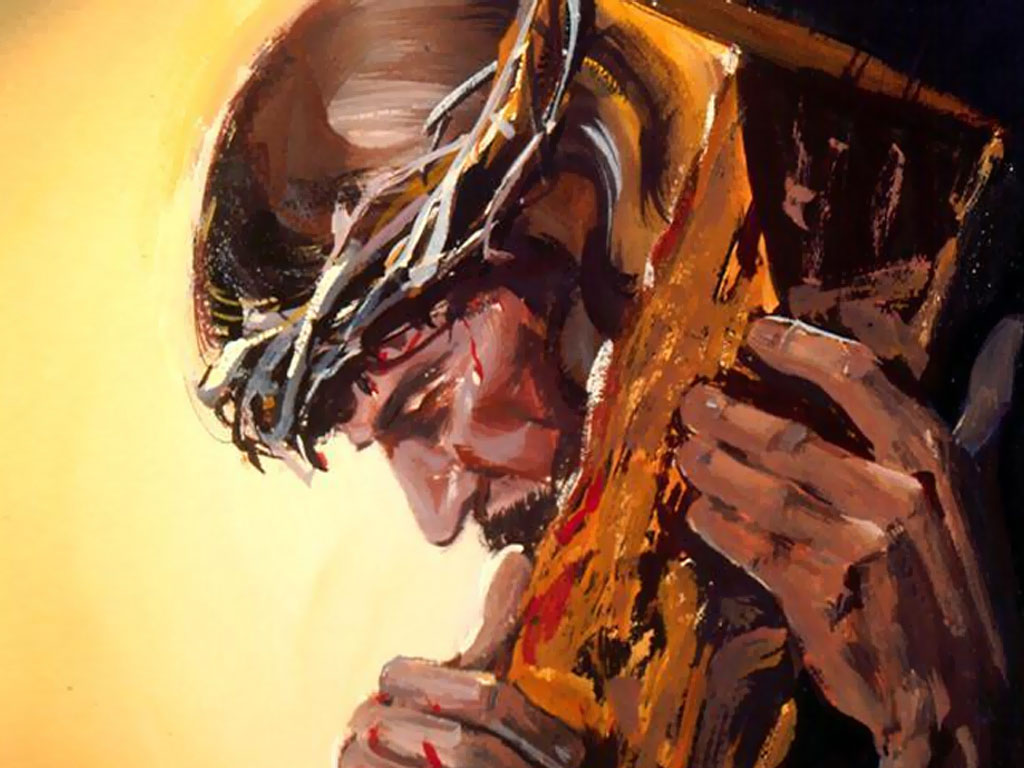How Christ Bore the Cross
Nov 22, 2014 4078
By Des Ford
 Christ’s cross was bearable to him because he lived in two worlds, not just one. Heaven and God were never absent from the Saviour’s heart.
Christ’s cross was bearable to him because he lived in two worlds, not just one. Heaven and God were never absent from the Saviour’s heart.
In his first and last saying on the cross, he uses the word, “Father”. He knows who he is; he knows his real family; he knows he is not alone. Therefore, he ever interpreted the present in terms of the known past and the sure future.
He knew that God attended the funeral of every sparrow and counted the hairs of every man’s head. He knew God had delivered him from Herod’s soldiers, from Satan in the wilderness of temptation; from that fox, Antipas; from all who sought to take him before his time had come; so that in calmness of soul, as though walking in Nazareth’s fields on a sunny day, he could promise Paradise to the penitent thief, and make provision for his mother and beloved disciples.
Christ knew that however unbearable his pain might seem, God would not permit him to be tested above that which he was able – the One who loved him controlled the heat of the furnace and would ultimately bring him forth as gold.
Christ endured because his mind was filled with Scripture. Twice he quoted from Psalms, leading many commentators to think that in his mind he traced from Psalm 22:1to 31:5.
Our Lord’s preoccupation, therefore, was neither with pain nor fear, but with divine truth trust brought trust, patience, and hope. In harmony with a spirit that results in faith in the word of God, we find that Christ had no antagonism towards his crucifiers.
He laboured for them even while on the cross, as he did also for his mother and John. Because of his conscious innocence, even the weight of imputed guilt did not divorce him from his Father, to whom he clung even when exposed to all the assaults of bell.
In the light of the cross, our trials and difficulties, our pain and humiliation should be viewed as so many steps drawing us closer to heaven. Poverty and humility were Christ’s inseparable companions in life and death. Should we seek otherwise?
– Des Ford. Rom 8:27–32 (From “The Mark of the Cross”)
